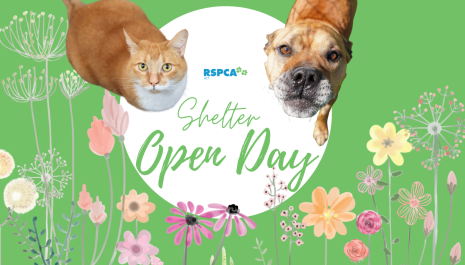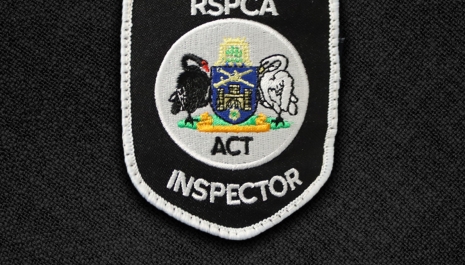There is currently (November 2023) an Australia wide shortage of cat vaccinations due to COVID-related supply chain issues. While most vet clinics will still have vaccines on-hand, they are currently unable to restock their supply from the manufacturers or wholesalers. It is hoped the shortage will be short-lived, and it is predicted that some supply will become available later this year. However, the issue may not be fully resolved until early 2024.
There is no need to panic! The immunity created by vaccines does not disappear overnight, and the majority of cats who have been vaccinated in the past will still be protected (for more information on the diseases of concern, see “Cat Vaccines- what are they for?”). In addition, the risk of exposure to vaccine-preventable disease can be effectively managed by most pet owners.
The simplest and most effective measure is to keep your cat indoors. This is particularly important if they are young (<6 months), or if they have not had at least two previous vaccinations. This will prevent them being exposed to other cats and/or to contaminated environments.
The other thing to do is to make sure your cat can be easily identified if it does get outside. This means that can be rapidly returned home, rather than ending up at a vet clinic or animal shelter where there is an increased risk of disease exposure. Having your phone number written on your cat’s ID tag or collar is good. Even better is a microchip- just make sure all your details are up to date. You can check on http://www.petaddress.com.au/ to see where your cat’s microchip is registered and then visit the registry to update your details (if you do not know the microchip number, ask your local vet clinic to scan it for you).
Expert veterinarians have collaborated and developed advice on how the available supply of vaccines should be used to keep the Australian cat population safe. Their key message is to “prioritise kittens and delay adult boosters if possible.” Kittens, unvaccinated adult cats, and cats in animal shelters are the most vulnerable to infection, and the most in need of protection. It is these animals that veterinarians will try to prioritise for vaccines.
If you have a kitten, you should try and complete their primary course of vaccinations with your regular vet. In some cases, your vet may modify their primary vaccination protocol slightly by reducing from a series of three vaccines to two vaccines (or even just one). As long as you keep your kitten in a safe environment until 2 weeks after their final vaccination, the modified protocols will not affect their safety and will still produce good immunity.
If you have an adult cat who is due for a booster vaccination (typically given every 1-3 years), your cat probably still has good immunity. It is best to discus with your regular vet, but consider delaying vaccination until the vaccine supply normalises. Doing so could save another cat’s life, and the risk of disease to your pet is very low. Antibody titre testing can determine if your pet has sufficient immunity and may be an option if you need some peace of mind.
Traditionally, all cats entering catteries need to be fully vaccinated. If you need to board your cat, talk to the cattery early about their requirements, and consult with your veterinarian as well. If vaccines are not available, antibody titre testing may be an option, or you could consider alternative arrangements like house-sitters or in-home care.
As mentioned above, delaying revaccination for your adult cats means that the available vaccines can be used to protect more vulnerable kittens. Additionally, consider if you have the space in your house and life to foster a cat or kitten. Animal shelters like the RSPCA ACT will be the ones hardest hit by the vaccine shortage. Due to the high numbers, constantly changing population, and uncertain health of incoming cats, animal shelters are a high risk for infectious disease. Foster homes provide cats and kittens with a safe environment as they wait for their forever home. Even if you only foster one cat, one time, you will have made a difference.
Disclaimer: The information and advice in this post is general in nature. It is not intended as a substitute for tailored health care advice from your regular veterinarian.


